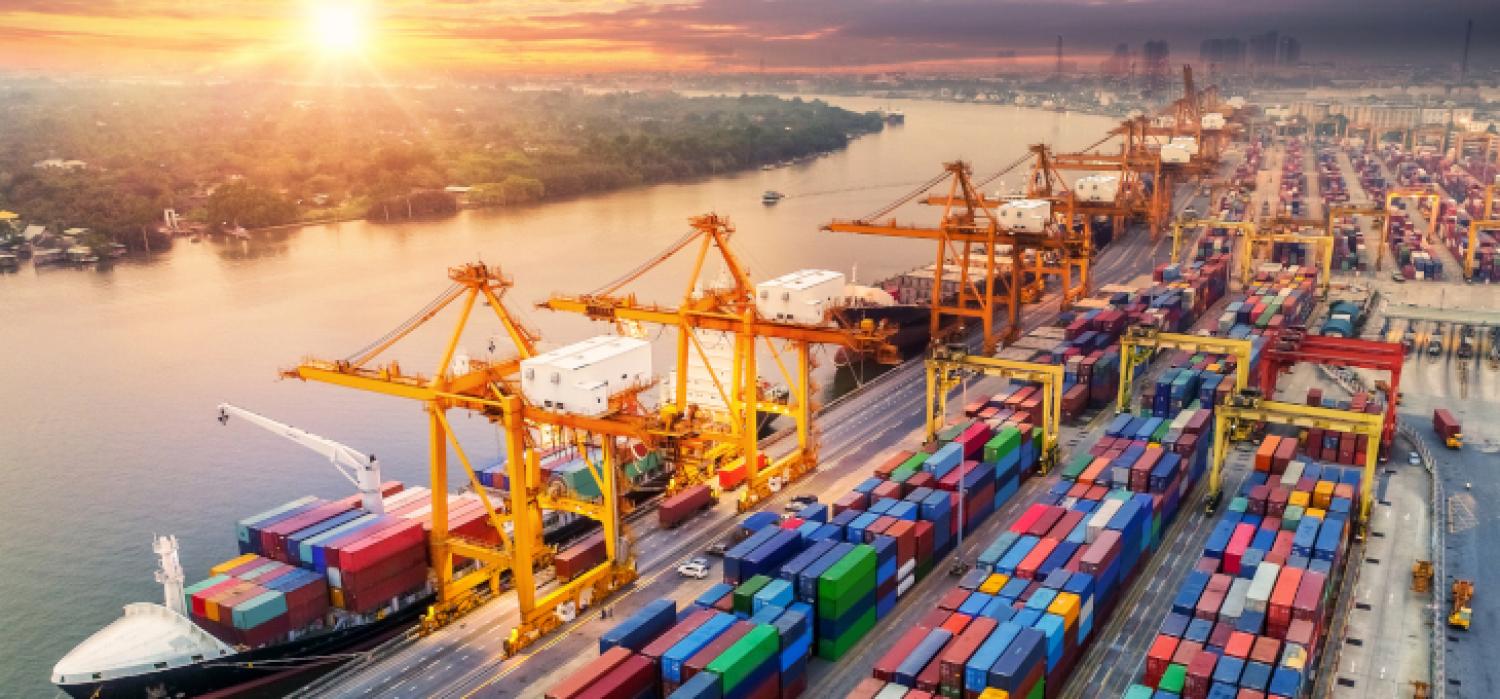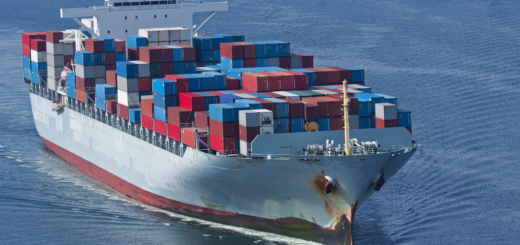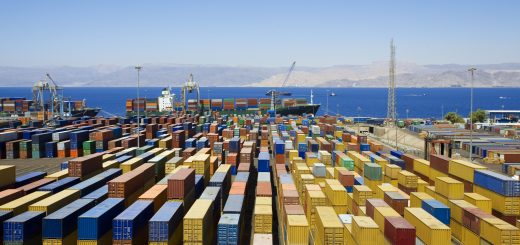Explore the Most Suitable Methods of Shipping to Nigeria

Globally, the commonest methods of shipping include air, sea, rail, and road. However, the nature, type, weight size and cost of items to be shipped determine the method of shipping to any destination. This article will help to guide prospective shippers in determining the safest and most appropriate methods of shipping to Nigeria for maximum value.
AIR – express freight: maximum transit time of 3 days – Average transit time of 3-5 days
If speed is your top priority for shipping to Nigeria, then consider shipping by air. This method of shipping is largely suitable for light and time-sensitive shipments like medical vaccines, retail commodities, food, fruits, vegetables, flowers, etc.
Benefits of Shipping by Air:
- A much faster and safer method of shipping with options for flexible service levels
- Less handling due to limited need for warehousing
- Easy to track your shipment
- A higher level of security, reduced risk of theft and damages
- Arrival and departure consistency
- Less complex documentation
SEA – Average Transit Time: Asia to Nigeria – 45 days; Europe to Nigeria – 21-30 days; the US & the Americas to Nigeria – 30-40 days.
If you consider shipping to Nigeria at the lowest cost, with little or no worries about the transit time, then sea freight is your preferred method of shipping. Generally, this is the most suitable method of shipping heavy, out-of-gauge and multidimensional cargoes. It’s the most suitable method of shipping breakbulk (heavy duty equipment) Roll on/Roll off RoRo (cars and trucks etc) cargoes; bulk (liquid, dry, granular and particulate) cargoes like maize, sugar, granite, edible oil, industrial liquids, chemicals, etc. which is not suitable for air transportation.
Shipments that are neither breakbulk, bulk nor RoRo (like Electronics, spare parts, safety apparatus, computers, printers, clothing, and other related items) are usually shipped in containers. They are either shipped as Full Container Loads (FCL) or Less Than Container Loads (LCL). We shall briefly explain the difference between FCL and LCL below.
FCL (Full Container Load): refers to one 20 or 40ft container filled with cargo owned by a single consignee.
LCL:(Less Than Container Load): This is another method of container shipping to Nigeria from major trade hubs across the world by sea, also known as “Groupage.” This is simply a method of shipping that involves the combination of small (Less Than Container Load) shipments owned by individual consignees that are consolidated in a single container at origin before they are shipped to Nigeria.
This method of shipping is efficient and allows multiple consignees to share the cost of shipping, as against a single individual bearing the cost of shipping Less Than Container Load alone.
Benefits of Shipping by Sea:
- Lower cost of shipping – offers the most competitive freight cost to shippers
- Suitable for carrying large volumes of cargo
- It is the safest mode of transporting hazardous and dangerous materials
- It’s the most environmentally compatible method of shipping due to its minimal emission of carbons.
- Adequate time to perfect shipping documentation processing due to longer transit time
Road – Average Transit time: Mali to Nigeria – 18-21 days; Niger to Nigeria – 7 days; Burkina Faso to Nigeria 14 days (If the Nigerian land borders are re-opened).
Most suitable for shipping within a continent or sub-region. Cross-border trucking is the most suitable shipping method for containerized, bulk and breakbulk cargoes from neighboring West African countries or land-locked locations like Mali, Burkina Faso, and Niger. It is a cost-effective and flexible method of shipping from origin to door, unlike sea or air freight that also require trucks to deliver from air or seaport to the customers’ doorstep.
The major obstacle in cross-border shipping across West Africa is the time-consuming border-to-border documentation processes, resulting in delays and making the times as long as 20 days for a journey that should take less than 15 days if the border clearing process was governed by a single regional window.
Benefits of Shipping by Road
- Lower cost of shipping
- Consistent delivery schedule
- Direct shipping from origin to destination
- Flexibility
- Lesser need for packing
- Cargo tracking -especially when trackable trucks are deployed
Given that there are several options in shipping your goods into Nigeria but your needs, cost, and priorities must then help to determine which mode is most suitable per time, depending on the nature or type of cargo, cost of shipping and your preferred transit time.



